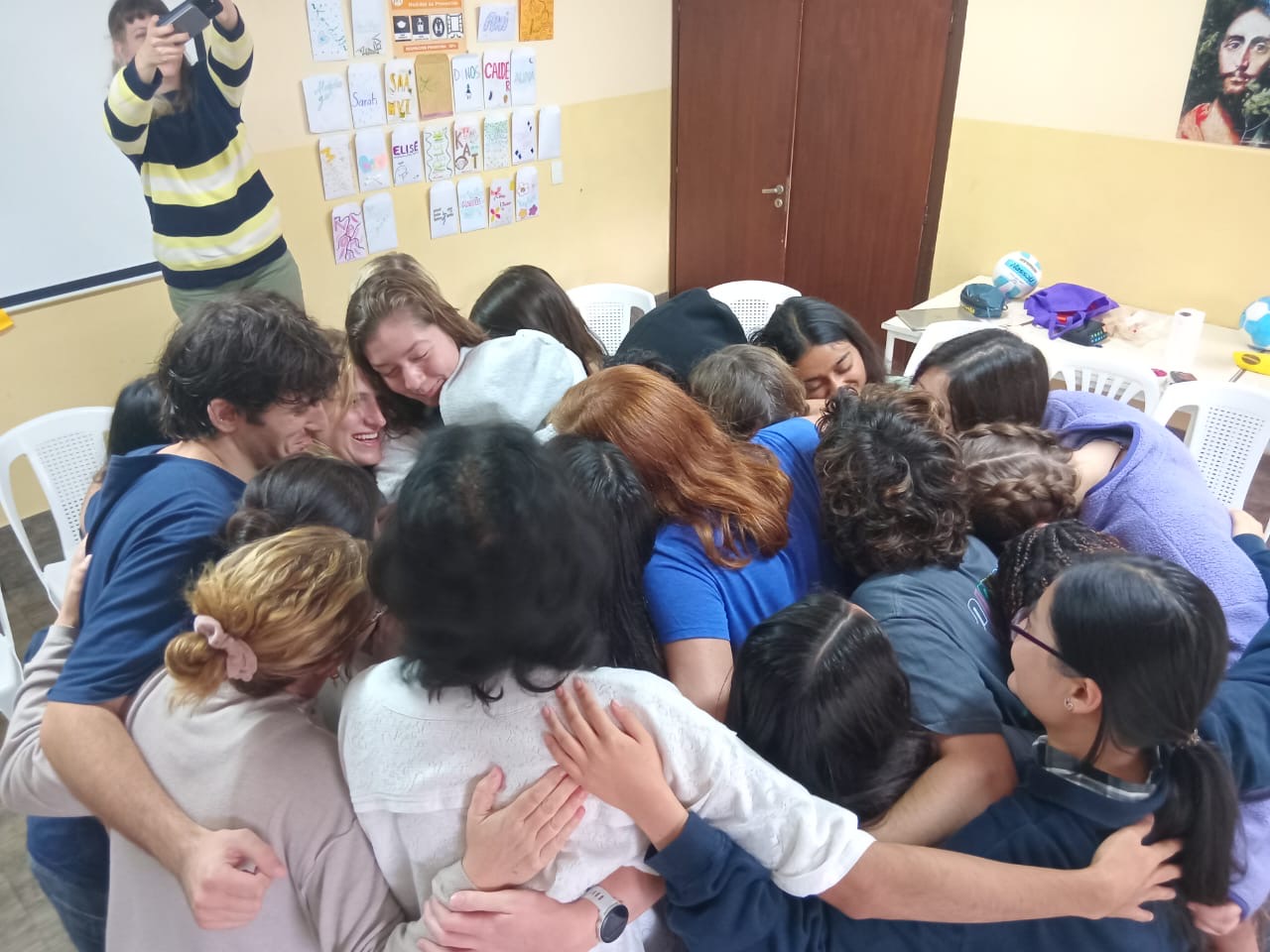
There’s an energy here
SA: SIT International Honors Program
Alina, one of the Semester Abroad Correspondents, shares her experience abroad during the Spring 2025 semester. Follow along with the group of correspondents on our blog and look out for their images on the @pennabroad Instagram feed.
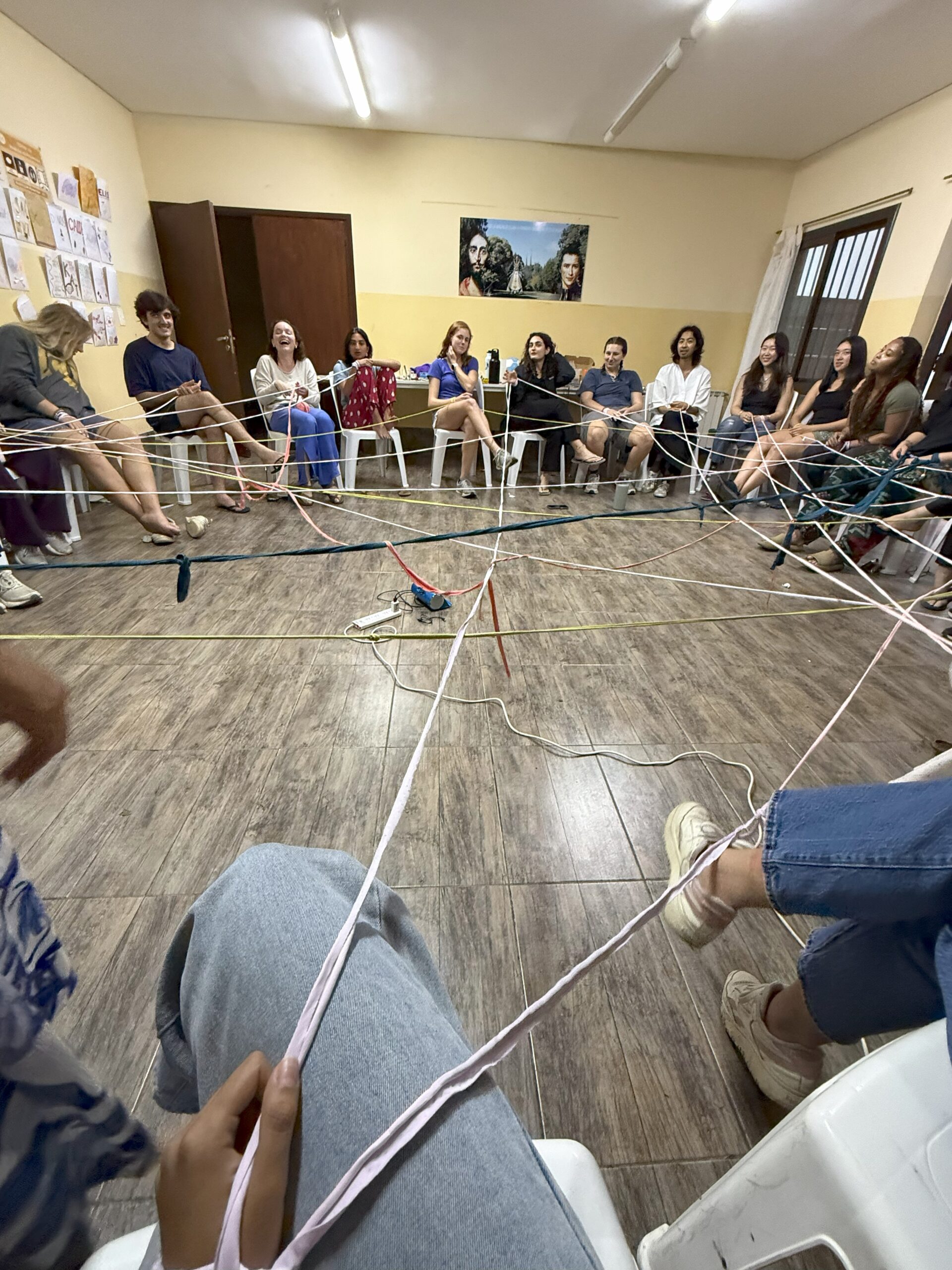
I came abroad because my gut told me to. I first created my School for International Training login account on December 16, 2022, right after my first semester at college. I never mapped it out on a master plan, or fully thought about how it would play into my future plans or if it’d be worth missing a semester at Penn – I didn’t lay out pros and cons or ask for advice like I normally do with life decisions. This time, I just trusted my gut, the part of me gnawing to say yes; I made a decision that was all mine. The universe just dealt me the cards that afforded me the opportunity to go, and I played them without additional thought. The romantic within me whispered that I needed to be somewhere else, to see the world, and maybe even to be changed by it. I didn’t realize until much later that what I was searching for wasn’t a place, but a feeling. And more than anything, I was searching for an energy: the kind that only arises between people, pulsing through community and care.
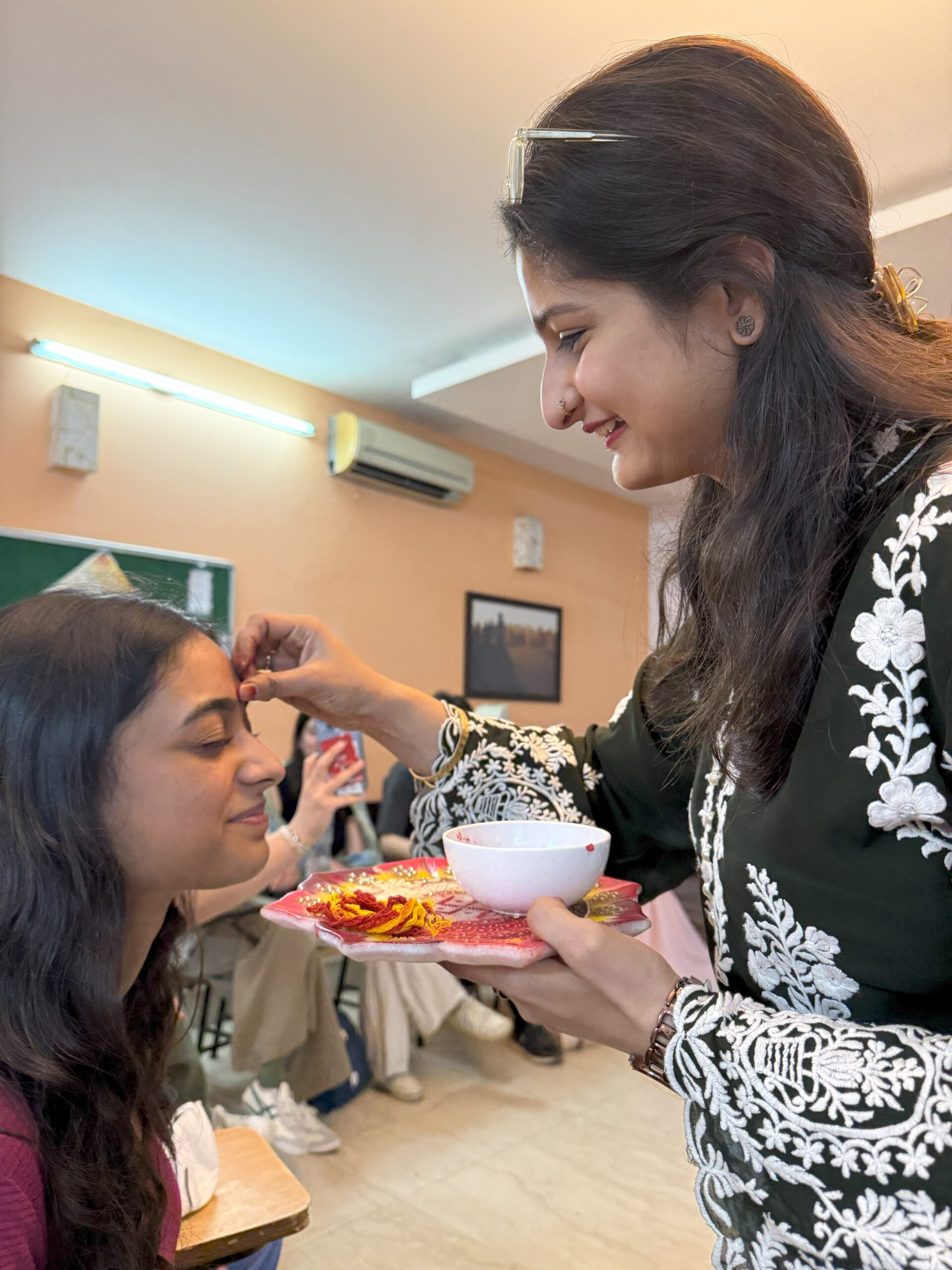
This past semester, I went on a comparative healthcare systems study abroad program in DC, India, South Africa, and Argentina. Each country felt distinct, but the thread that stitched them together was a shared commitment to life with others. Living in a country that increasingly prizes individualism, what struck me again and again was the power of the collective: the ways health, happiness, and dignity are imagined and enacted together.
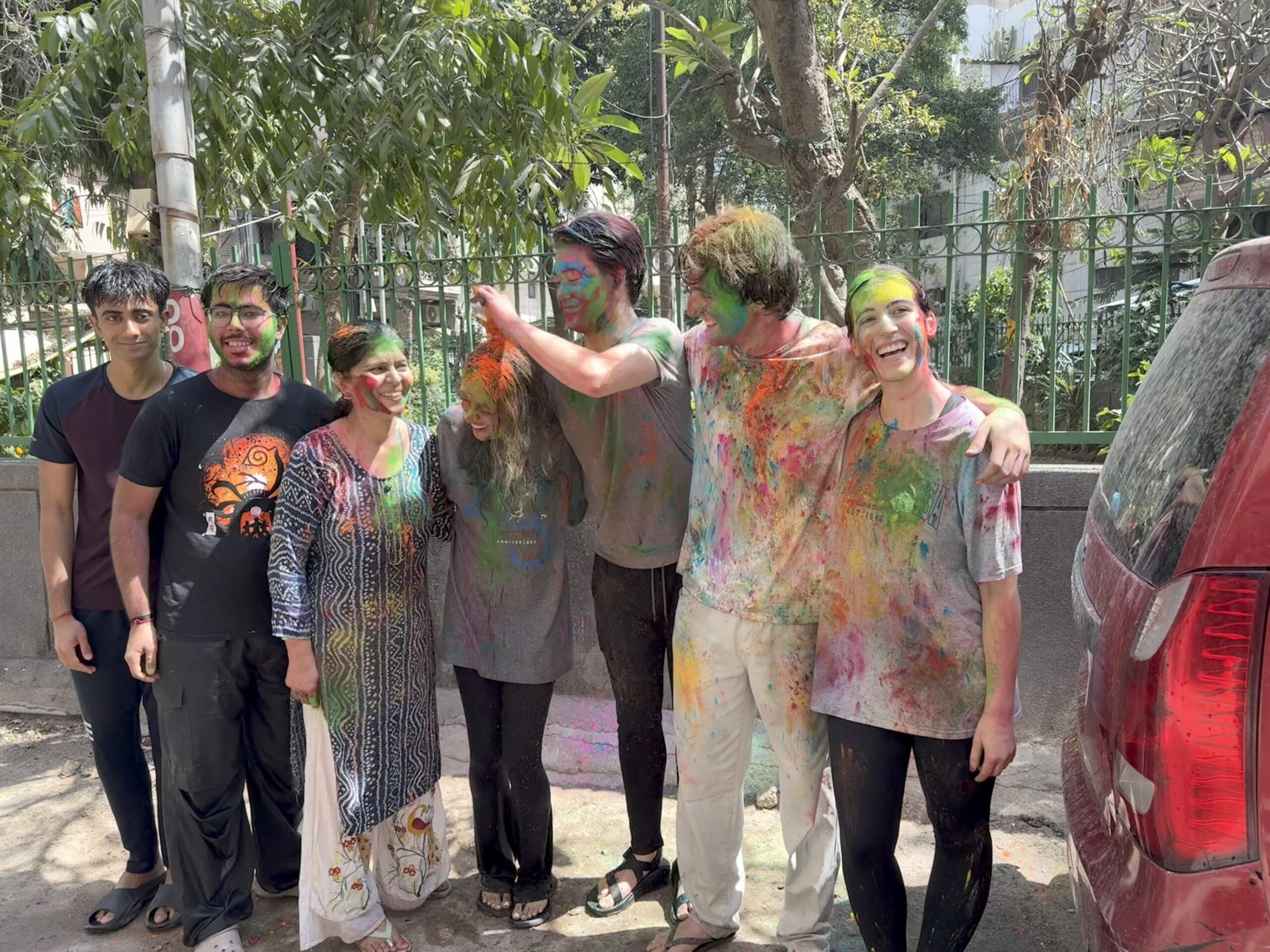
In India, it was the chaotic banter in the marketplace that left an imprint. The bargaining, the ritual of chai, the trust in the tuk-tuk drivers to not run you over as you cross crowded streets. I walked the streets of Jaipur and Delhi and felt visible – I never went longer than half an hour without needing to interact with someone to get by. My host family, like many in India, followed a joint family structure. Caring for your children was synonymous to caring for your elders. There’s a soundtrack of unspoken respect, of paying it forward, that your family is your purpose, your stability, your home. This visibility in and outside of the home carried with it a sense of belonging.
As for the public health system, the Ministry of Health and Family Welfare aimed to connect all communities to accessible healthcare and embed an ASHA in every community. I met with ASHAs (Accredited Social Health Activists) who were bridges between clinics and communities; they were health educators and facilitators for maternal, child, and basic preventive care. I began to understand that well-being, as anthropologist Veena Das writes, is not the absence of hardship but the capacity to navigate life with dignity amid constraints. These community health workers traveled directly to the homes of its community members to allow them direction, resources, and hope.
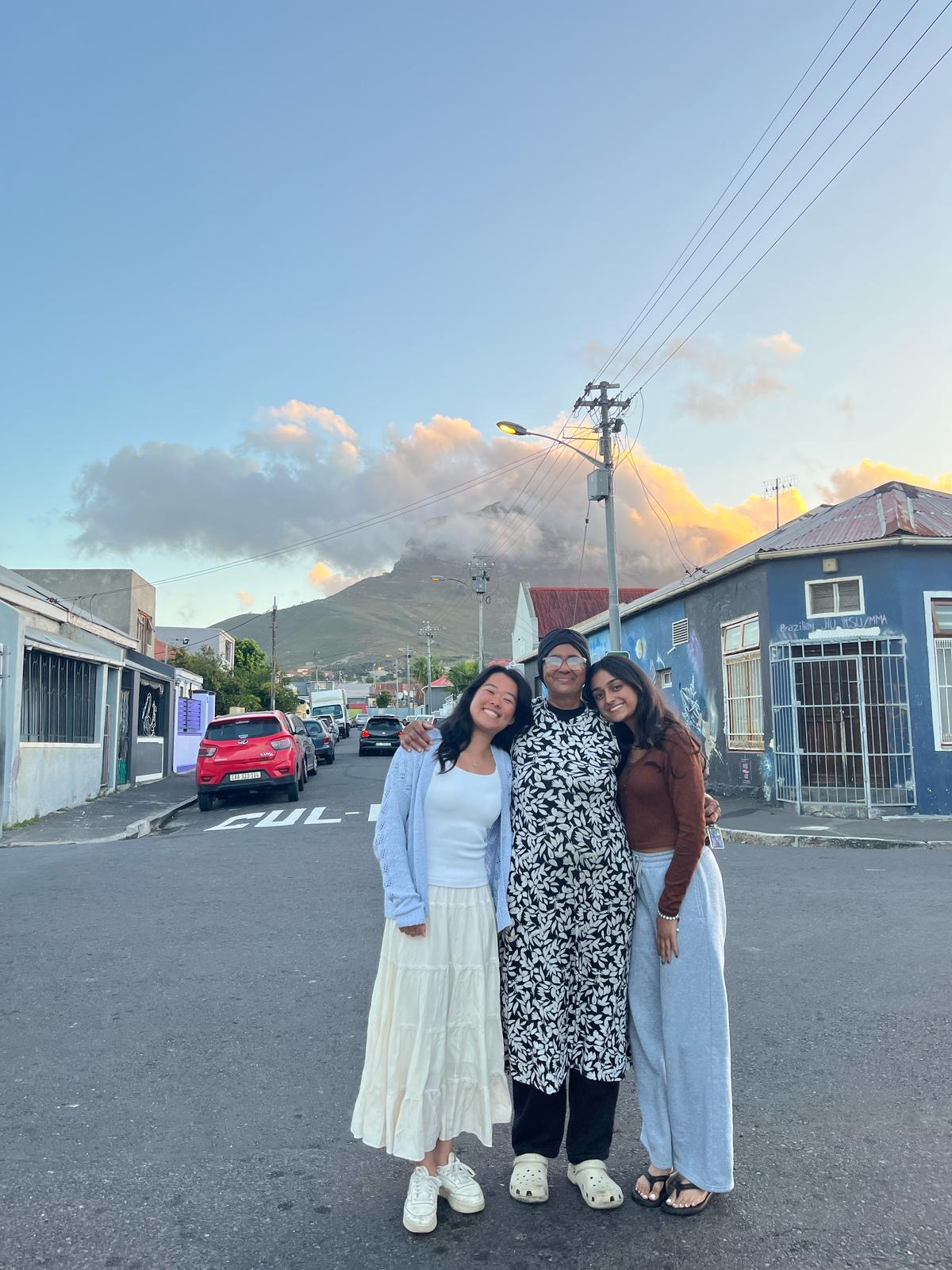
In Zweletemba, a township in South Africa, something inside me shifted. I was taking all my classes with the same 25 students, and by this point in the program, we all knew each other. Really knew each other. I felt completely comfortable to voice my thoughts in class, my feelings and mood were recognized in a way that I didn’t have to explain – I never had to ask for help or wait for a check-in. I was noticed and understood. Outside of the classroom, I couldn’t leave my host family’s house without running into someone I recognized. There was music everywhere – communal prayer, church choirs, neighborhood braai s, small talk as people actually went next door to pick up sugar – and with it, a kind of energy that tasted thick in the air. I entered the community as an outsider, a stranger, an American intruding on their daily routine. And yet, the entire community learned my name immediately, my host mom pulled the blanket off of me at 8am every morning to urge me to join her for morning tea, the little girls braided my hair and taught me hand games, and thousands of nighttime stars made way for me to marvel at their grandeur. I cried real tears there, for the first time in a long time. Some of it was gratitude, some of it, disbelief. Part of me still wakes up yearning for that sense of warm, enveloping presence.
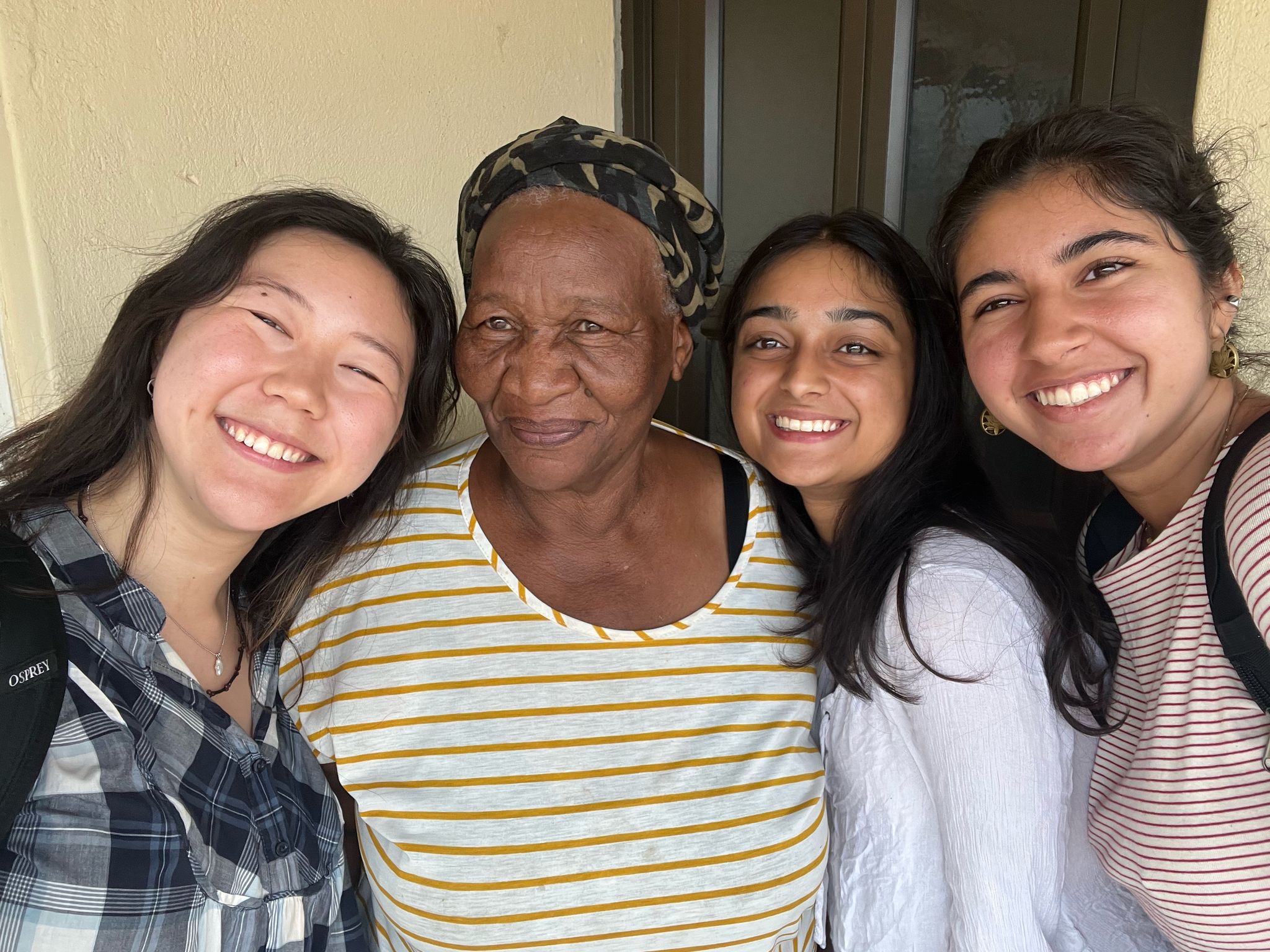
There in South Africa, Community Health Workers (CHWs) formed the backbone of South Africa’s primary health care outreach, addressing chronic diseases, maternal-child health, and prevention. They helped decompress overburdened clinics, by providing door-to-door care and health education, especially in tackling their national HIV epidemic by encouraging adherence to treatment. In Buenos Aires, I drank coffee from impossibly tiny cups and felt rejuvenated all day. Was my source of energy the caffeine or something else? People didn’t eat dinner at 6pm – they waited until 9:30, or even later. Time felt elastic here. The sobremesa, the unhurried conversation after a meal, was just as important as the food itself. The glacier I saw in Parque Nacional Los Glaciares in Patagonia was stunning, but what I remember more clearly is the person next to me as we watched it calve, both of us wide-eyed. I think I feel most alive not in the seeing, but in the shared witnessing. I used to wonder if my response to beauty was muted. Why do others feel so deeply that some cry at sunsets while I feel simply still? But I’m learning that feeling is multilayered and complicated. Sometimes it doesn’t come in tears but in warmth, in the way my shoulders relax in the presence of others, or in the way I subconsciously stop and smile when a street performer plays something familiar.
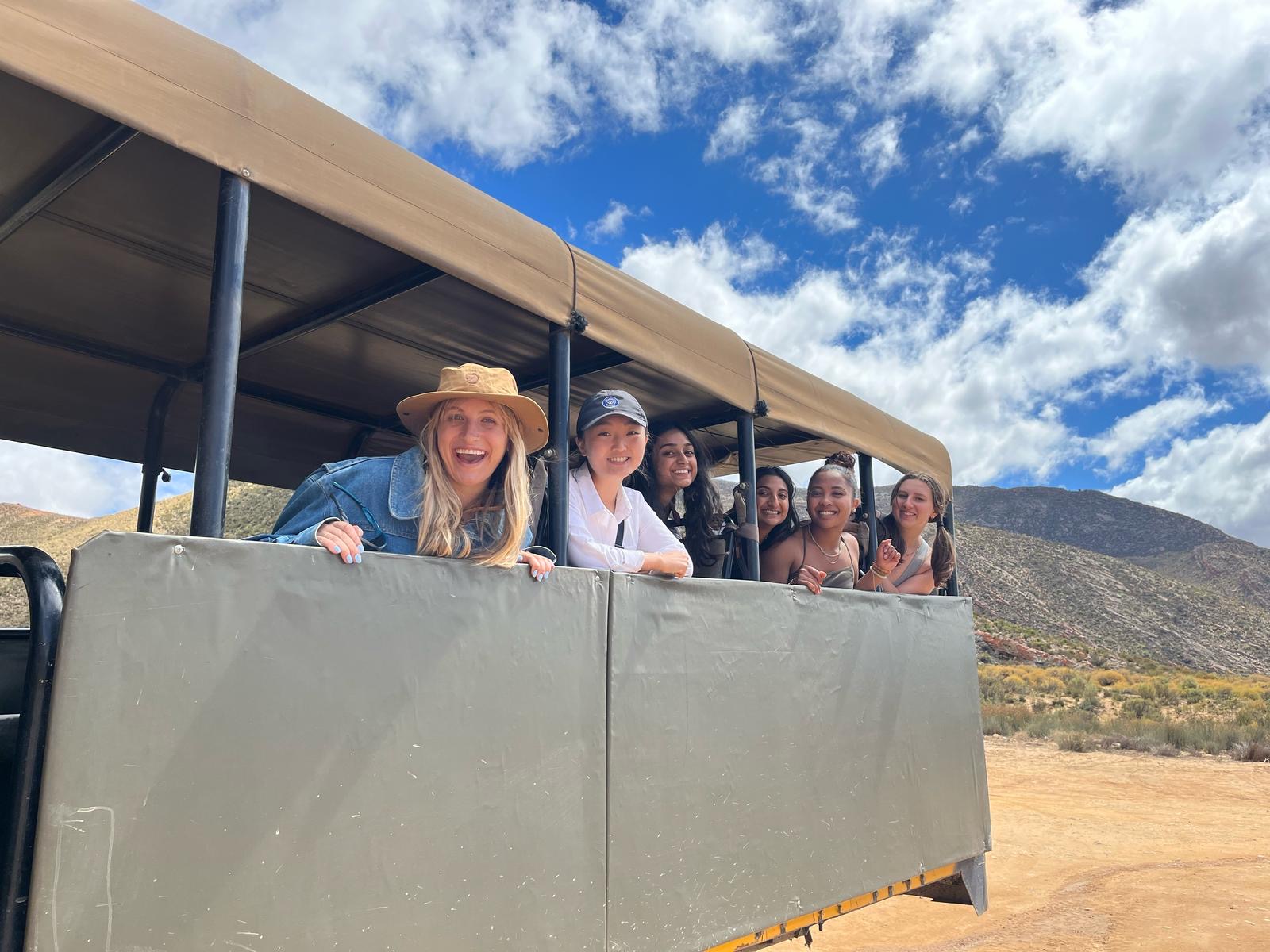
There, Health Promoters and Sanitary Agents conducted home visits, providing health education, prevention campaigns, and community mobilization. Public health wasn’t a bureaucratic program, but a shared ethic.
Anthropologists have long argued that the good life, however we define it, is intimately tied to aspiration, fairness, and belonging. The literature on well-being pushes us to think beyond metrics like GDP or even clinical health indicators. As Cheryl Mattingly puts it, moral striving is central to the way many communities conceptualize well-being. In communities that have been historically disenfranchised, “goodness” is often defined by resistance, care, and collective survival, rather than individual achievement.
Back home in the US, health feels like a individual burden. It’s something to be earned, maintained, and optimized, like any other commodity. But in each of the countries I visited, health was a constitutional right, and more importantly, it was relational. There were ASHAs in India who knew each household’s story. In South Africa, entire villages mobilized around HIV treatment. In Argentina, public clinics served everyone because of a strong political will. There was no partisan debate about whether people deserved access; care was assumed.
As I was feeling so deeply during the program, I found myself reaching for my camera, desperate to freeze the fleeting. But I rarely look back on those pictures. The act of capturing satiates something briefly, but it never really replicates the energy of presence. I felt it in music, in conversation, in creation, in the quiet knowledge that something beautiful was unfolding and I was a part of it. And I’ll never forget that feeling.
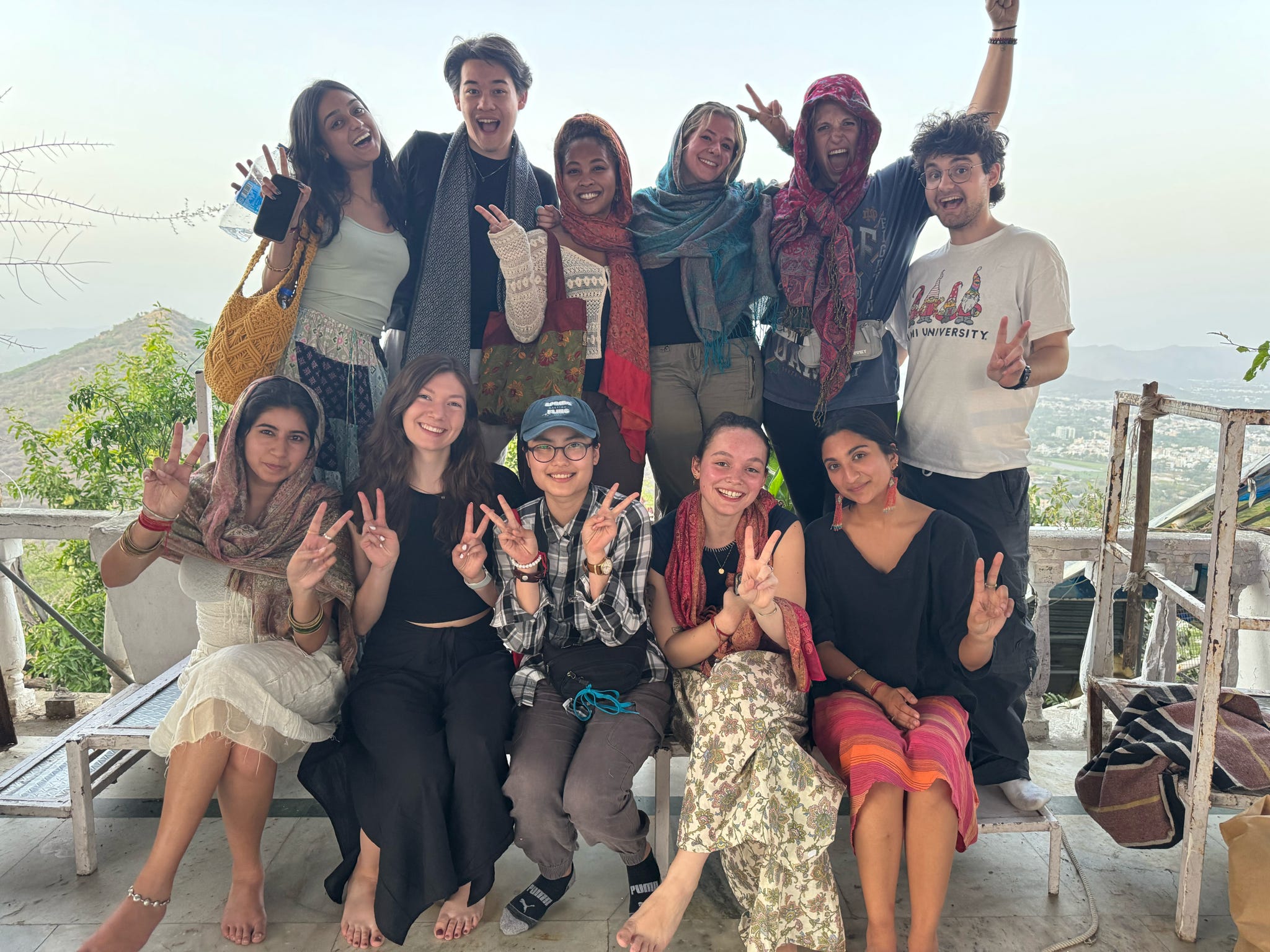
And maybe that’s what I was aching for: to be part of something bigger than myself, something assumed, expected, shared, without needing to put in the effort to seek it out.
Belonging, I’m now realizing, is the foundation of happiness. To belong is to feel like you’re not taking up too much space, and that your being matters to others. In the anthropology of well-being, this is sometimes referred to as the aspiration to flourish – not just survive, but to thrive in ways that are culturally meaningful. Public health, when done right, supports this aspiration. It’s less about medical interventions and more about cultivating environments where people can live with purpose, fairness, and joy.
If public health is the pursuit of collective well-being, then real happiness can’t be untangled from community. From the energy of being known. From creation, care, and conversation. We as a society are overstimulated; we carry around phones, scroll endlessly, snap pictures of everything mindlessly, and chase curated versions of joy. But what we really long for is to feel real.
That’s what I found abroad. And that’s what I hope to keep searching for – not just in faraway places, but in the lives we build at home, together.
Read Related Blogs

Raising a Heartivist Generation: Humility is the Cheat Code
Penn Global Seminar: Compassionate Leadership: “The Power of Love, Service, and Inner Work”: Experiencing the Life of Mahatma Gandhi and other Compassion-based Leaders Mariama, one of the Fall 2025 Penn…

Lost in Translation
Penn Global Seminar: Energy, Security, and Geopolitics Chenyao, one of the Fall 2025 Penn Global Seminar Correspondents, shares her experience abroad during the Winter Break. Follow along with the group of…

Raising a Heartivist Generation: Atop a Giant’s Shoulder
Penn Global Seminar: Compassionate Leadership: “The Power of Love, Service, and Inner Work”: Experiencing the Life of Mahatma Gandhi and other Compassion-based Leaders Mariama, one of the Fall 2025 Penn…